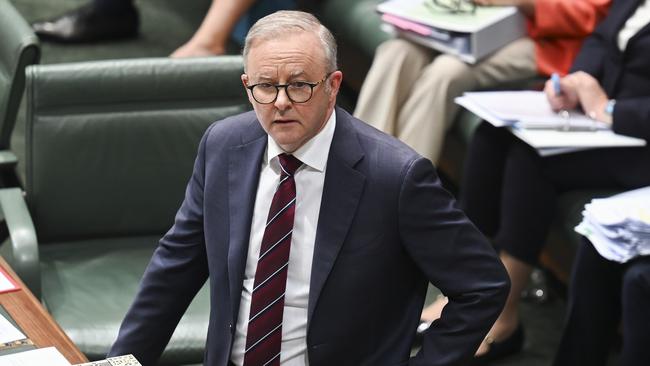
As the Albanese government makes an almighty mess out of visas for Palestinians from Gaza, spare a thought for another fundamental national security failure, one in which its words before the election were fine, and its record after the election dismal.
Before the election, Anthony Albanese expressed admiration for John Howard and presented himself as Bob Hawke in modern guise. Both Howard and Hawke were very strong on national security.
Albanese made big promises on national security. Almost everything he promised has come to nothing. One of his commitments was to Australia having a commercial fleet, a merchant navy. In emergencies governments can requisition ships that carry their national flag.
When Labor came to office there were two Australian-flagged international merchant ships. Now, at the end of a full term, there are none. There has of course been a review. There are of course future plans.
But more important than what governments say is what they do, and here we have nothing. There are a few modest vessels that chunter between mainland Australia and Tasmania but none that work internationally. Union power means we’ll never have such a fleet. In the contest of union power versus national security, the Albanese government abandons national security.
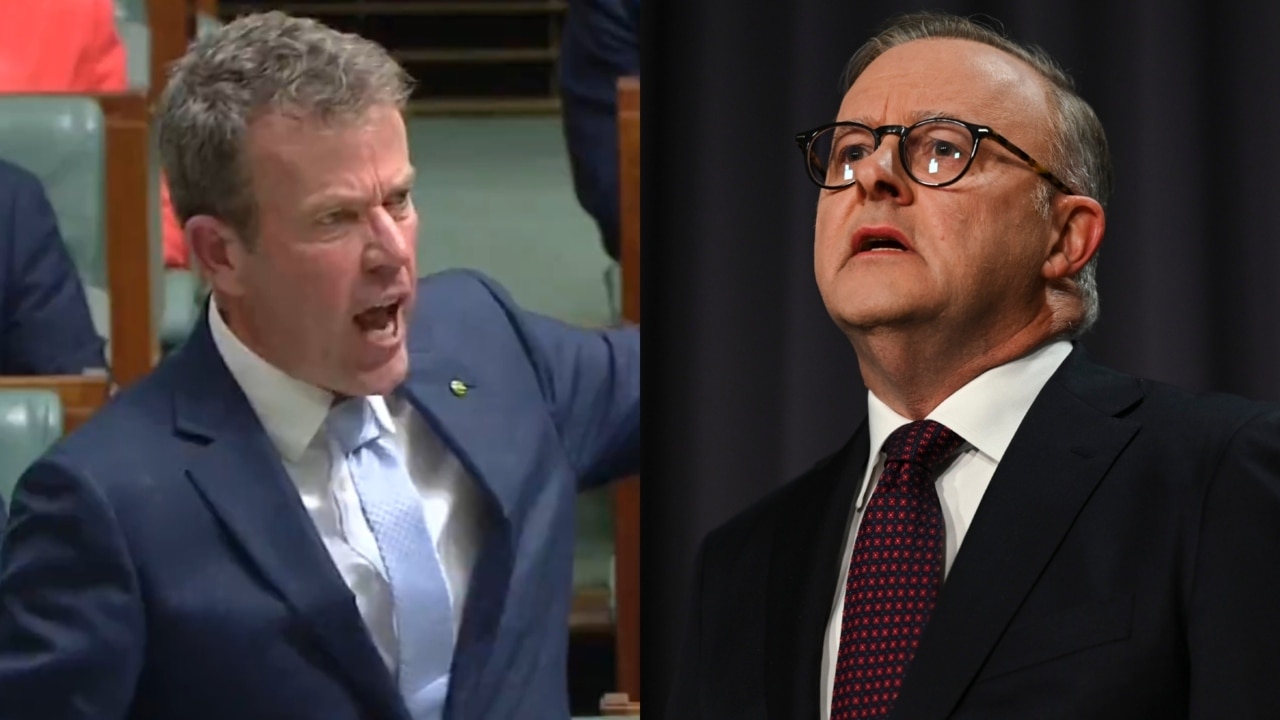
Forget about AUKUS. In any national crisis where our sea lines were cut, we’d last about five minutes. Supply-chain security is non-existent.
“And then there were none” describes much of the government’s national security policy. In Defence, a thousand reviews and plans have yielded, so far, nothing. Our defence force is substantially weaker than when the Albanese government came to office.
Which brings us to the Palestinian visa imbroglio. The same syndrome has got the government into a world of hurt here. That syndrome is a desire to pull the wool over people’s eyes, to use process as an excuse for doing nothing, to hide behind bureaucracy to avoid hard political decisions and an absolute refusal to be straightforward and candid about government policy. This refusal is born of a cowardice about hard choices.
But the main fault is with the government. It decided to give Palestinians from Gaza wishing to come to Australia visitor visas. It should have announced this, and told the public what it was doing and why. Instead the information had to be dragged out of it piecemeal. When the government was talking to a national security audience the subtext was: we’re doing almost nothing, so there’s nothing to see here.
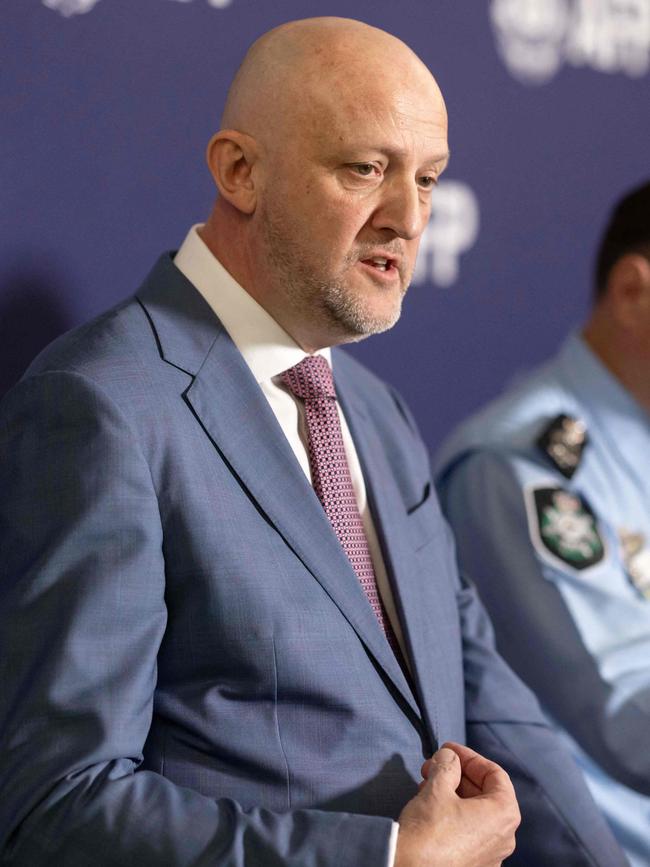
When it was talking to its own activist base, or Muslim voters in southwest Sydney and elsewhere unhappy that the government has shown even a schmick of sympathy for Israel, its message was: look, we’re rapidly advancing visas categories for Gaza Palestinians, so much more generously than the other guys would.
One important caveat to all discussion here. Any Palestinian who has come here already is entirely welcome. They’ve come under the rules put in place by the Australian government and therefore they’re entitled to be here. And they’re entitled to our welcome and support.
Those considerations do not, however, determine or even constrain future policy, or the honest, hard-headed discussion that must go on around it.
The government made things a million times worse by verballing Burgess in his description of the security checks applied to Palestinians wanting to come to Australia. The government claimed Burgess said ASIO was involved in the processing of every applicant. In fact Burgess had said that if certain triggers were established, then ASIO got involved.
That’s a huge difference. For the Prime Minister to claim otherwise is just absurd.
However, Burgess has also created a very big problem for the government. On the Insiders program, Burgess said some moderate degree of support for the Hamas terror group would not be an obstacle to someone wanting to come to Australia, so long as that person did not share the Hamas ideology.
I missed this the first time I heard the Insiders interview, in retrospect I think because it is just such an odd statement.
In 45 years of professional journalism I can never remember any previous minister or official saying it was OK to support a terrorist group, provided that support was just verbal or some such. Even less is this all right for someone seeking to come to Australia. Is it OK to give verbal support to al-Qa’ida, or Islamic State, or even the Ku Klux Klan? Maybe such support wouldn’t get you locked up in Australia, but it certainly shouldn’t earn you a visa either. This is in fact a very radical statement. If not, show me its equivalent. It’s perfectly proper for the opposition to demand the government clarify it. The government is responsible for policy, not Burgess. The government must explain if it agrees with Burgess, and if this is now government policy, and just what degree of support for a terrorist organisation is acceptable. It’s elementary in a democracy that such a radical statement be clarified.
But in the almost absolute political cowardice with which the government has approached these issues, it’s treating Burgess’s statements as though they are infallible, beyond questioning and also beyond explanation, a sort of divine revelation above democratic scrutiny.
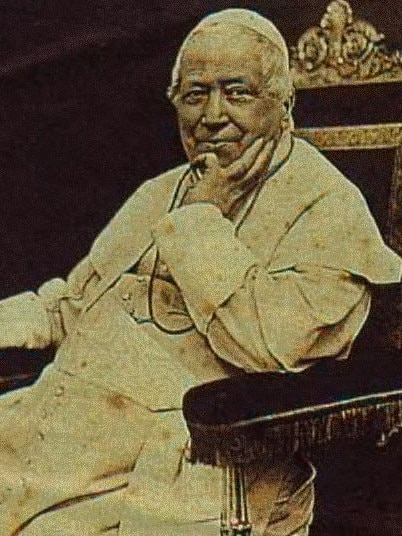
Burgess should perhaps reflect on the lesson of Pius IX, the first pope whose most officially elevated statements were defined as infallible in matters of faith and doctrine. When you are infallible, as I am, the pope is said to have remarked, you must be very careful of what you say.
Burgess should be much more careful of what he says. In one press conference he said anti-Semitism and Islamophobia were almost the same. He had to correct that preposterous nonsense in a subsequent interview and admit that anti-Semitism is worse than Islamophobia.
He agreed with criticism of some remarks by Barnaby Joyce. And his indecipherable idea that supporting Hamas a little bit is OK has become the centre of rancorous political debate.
As a communications exercise, this was as close to a disaster as you could get. The remarks haven’t calmed the nation, haven’t enlightened debate and have injected ASIO into the middle of domestic partisan dispute. All of this is not because of the wicked opposition, but because Burgess’s remarks were confused, confusing and arguably beyond the prudent public remit of an ASIO director-general. This is dangerous for the standing of ASIO in the long term.
Previous ASIO bosses used to lament that they delivered speeches no one read and which had no public impact. That’s infinitely better than today’s mess. Similarly, an ASIO boss has a natural, understandable, sensible need to get along with Muslim community leaders.
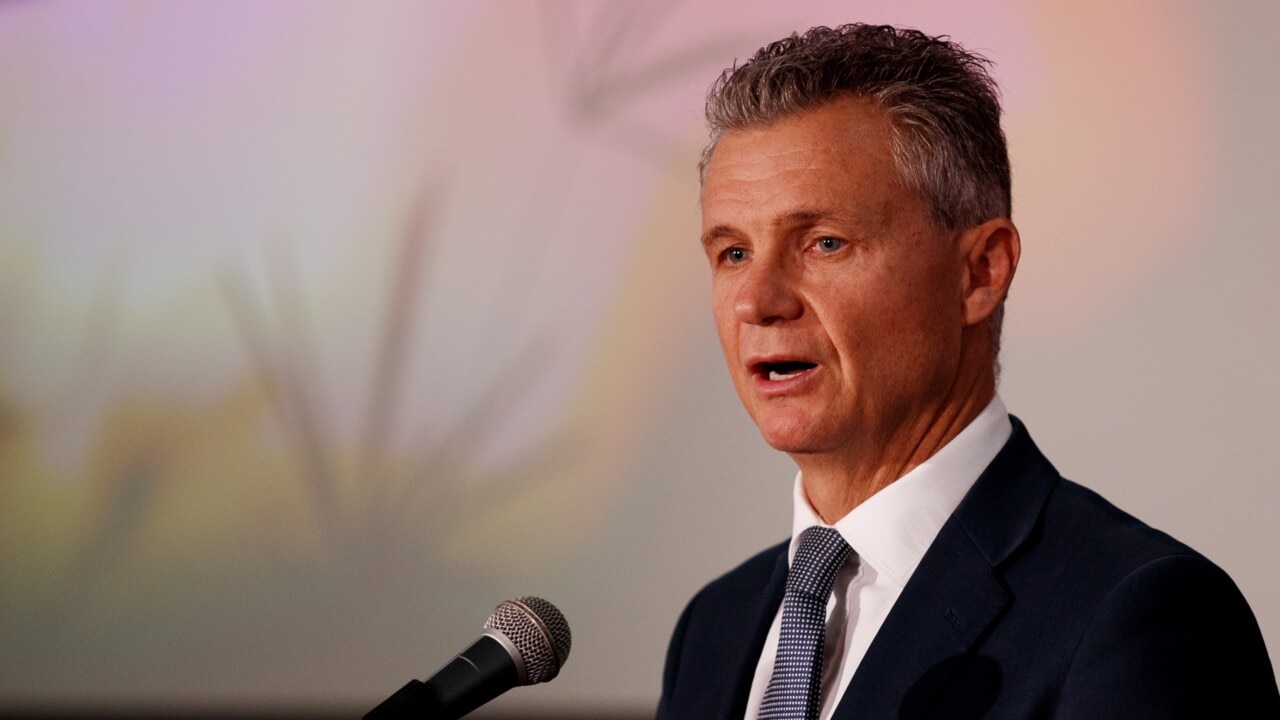
He shouldn’t try to curry favour with those leaders by censoring normal political debate.
Moral and political leadership is the province of government, and the political process more generally. It’s not the province of security chiefs.
It’s a sign that a government is bankrupt of moral authority when it tries to conscript the apolitical authority of an institution such as ASIO to serve its political cause.
Hamas is not only a terrorist organisation. Its charter contains the most foul and vicious traditional anti-Semitism. The government must clarify what it means to say some degree of support for Hamas is no problem. The opposition would be failing its duty to the nation to leave this matter unresolved.




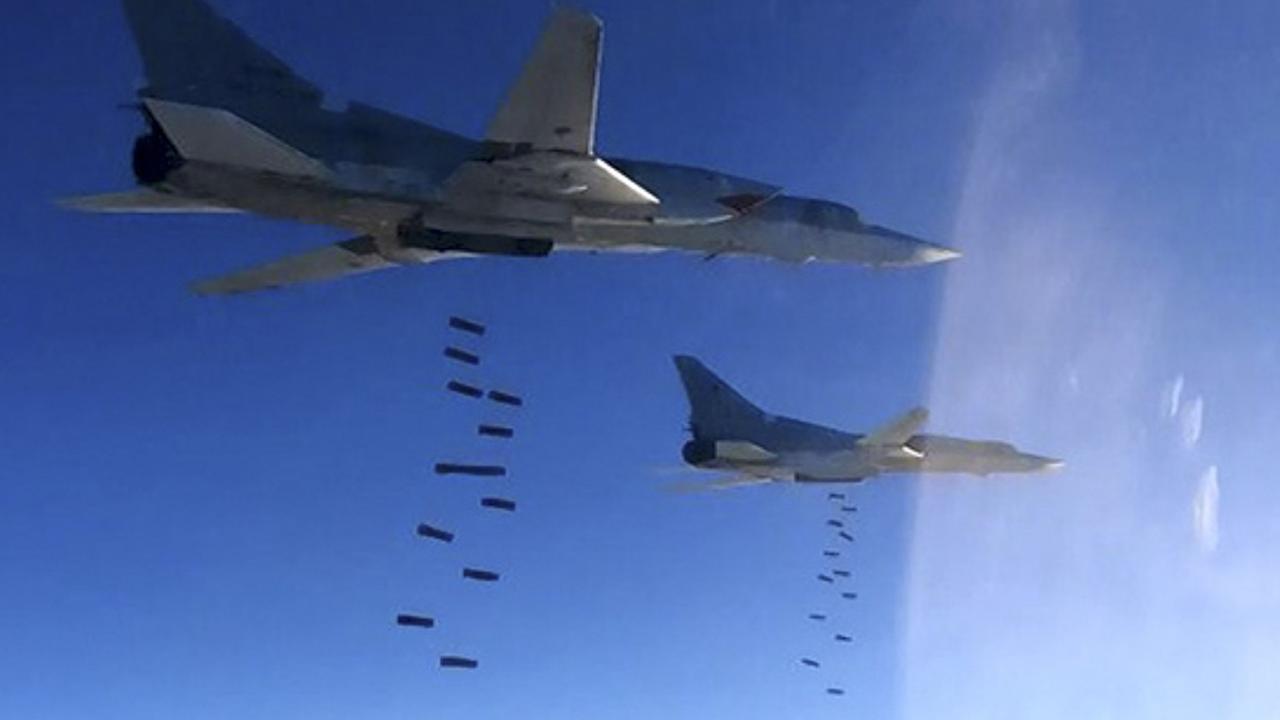

And then there were none.